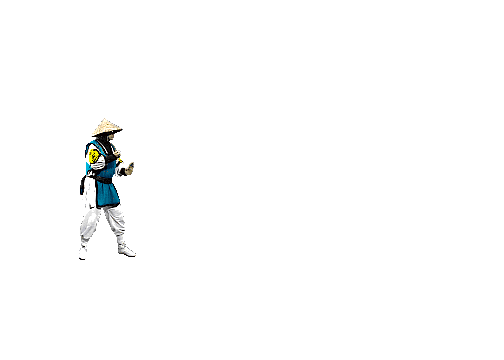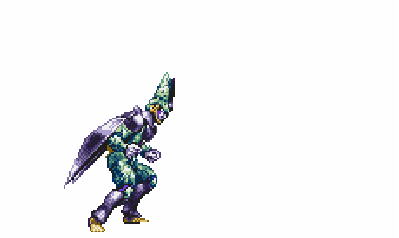Stopped tweeting for several months because "twitter sux now" but started again b/c I need a place to keep notes.
Will mostly be using it for mini-reviews and details that might help for long form writing.
sound is muted on one YouTube segment of Spielberg's Duel because it has a song that you might "record" - ridiculous #networkawesome
satie's music for the film part of Relâche outshines his score for the ballet part (just realizing this)
long weekend (1978) - disagreeable yuppies slowly murdered by landscape and creepy cinematic atmosphere
richard stark's ask the parrot: parker as shaman blows through small town, strengthening, weakening, or killing the locals
laughing at francis picabia's overenthusiastic jumping in slow motion in rene clair's Entr'acte (1924)
new app lets you hear me speaking such phrases as "deviantart" and "just surfed on in" DOWNLOAD NOW
defiant crab deleted after comment spam outbreak - one wonderz why u maaaaaaad
sf wall-crawlers: insurance ad (Dick - Simulacra); graffiti eaters (Gibson - All Tomorrow's Parties); homcom slug (Marusek - Counting Heads)
movement: designated by participants (via manifestos, etc); genre: designated by outsiders (critics, etc)
"guess who i saw today?" "who" "lisa" "that's hilarious" (louis CK on lame use of "hilarious")
did a double take at billboard of The Rock riding a giant honeybee
...on the weekends we would barbecue. And all the other princes and their princesses would come, and they would say, "Delicious, delicious."
watched "rocco and his brothers" on network awesome; also liquid sky but the "reels" were out of order




